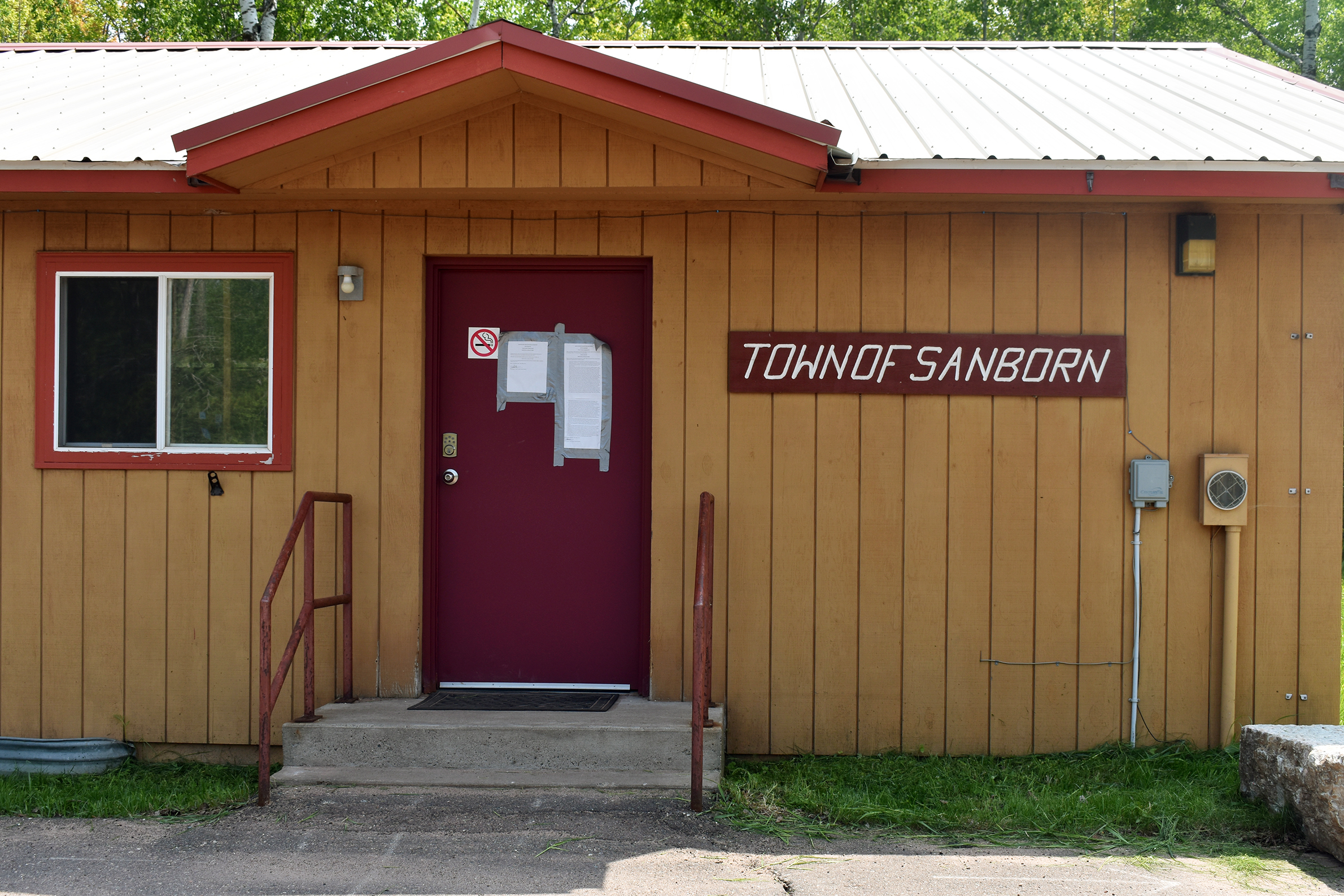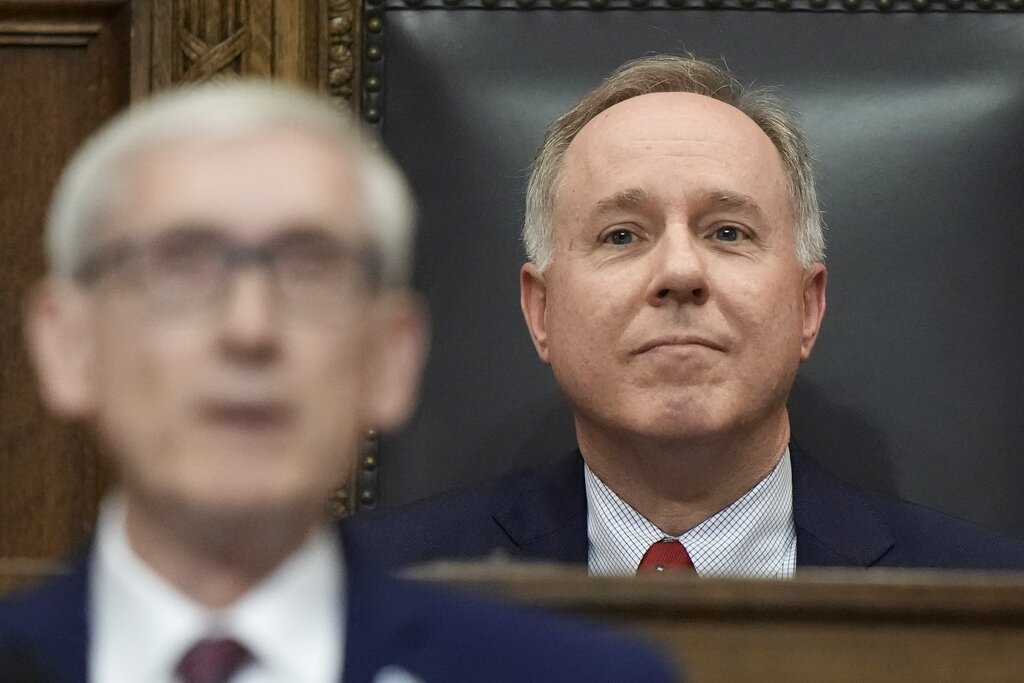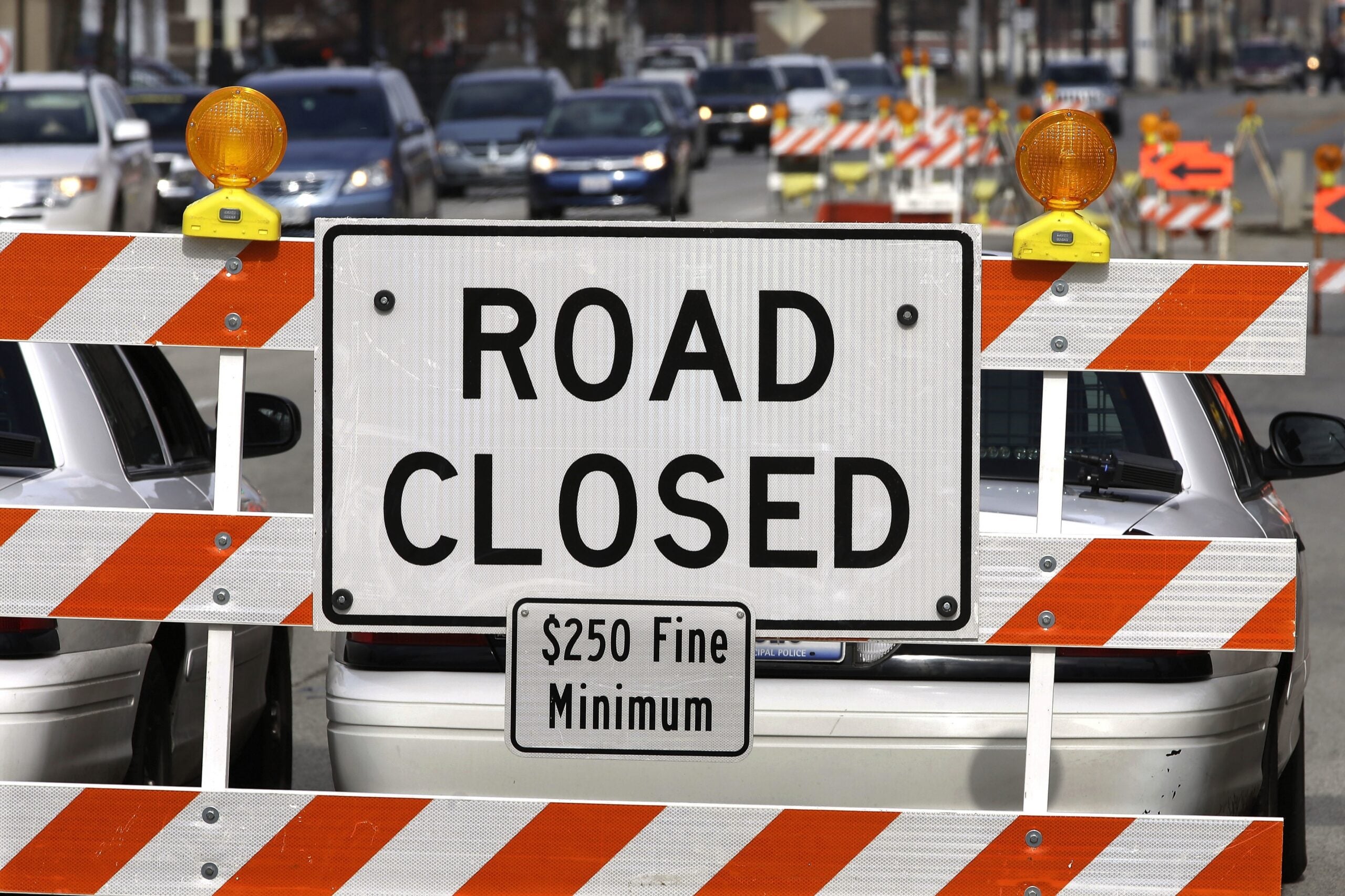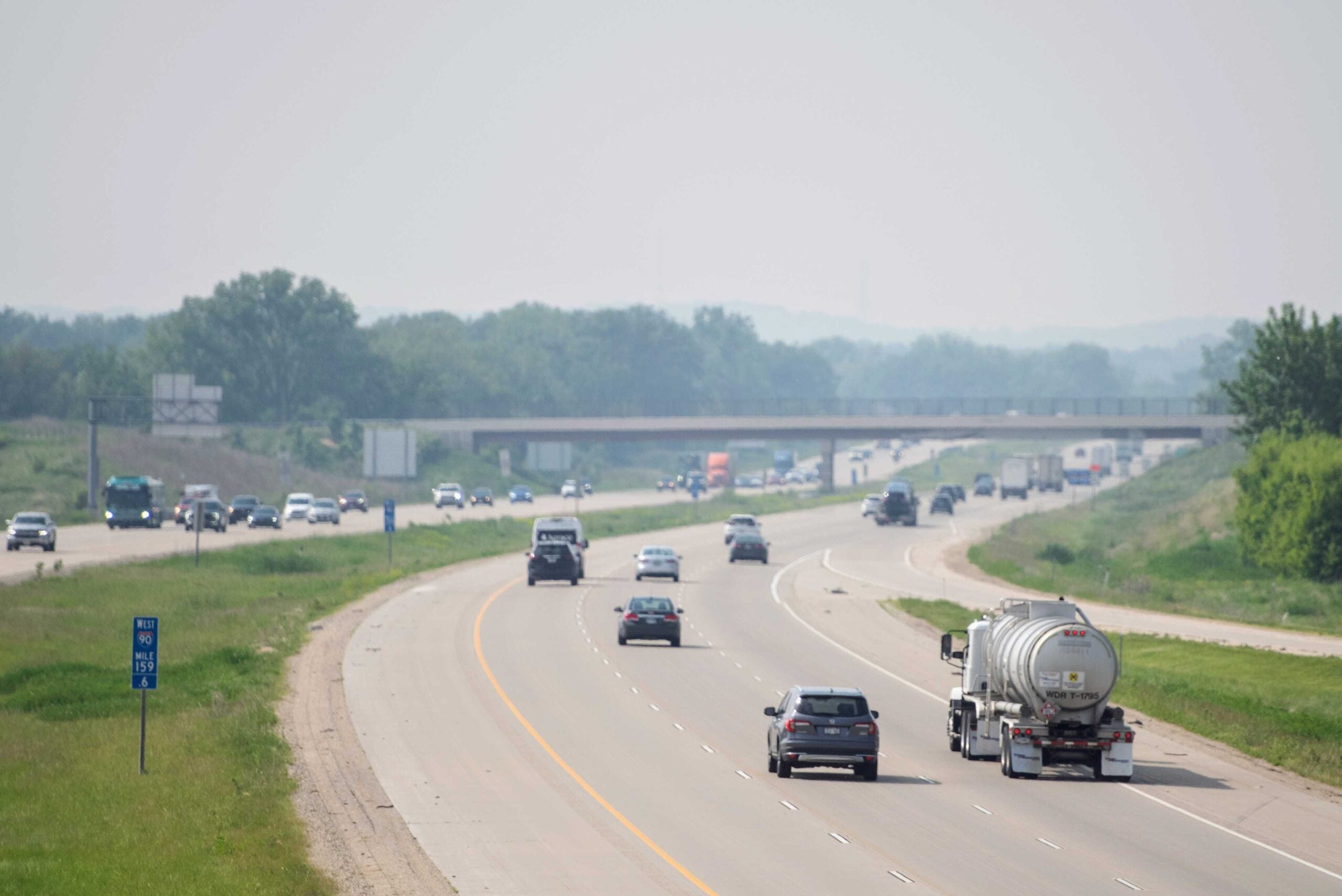The state’s public lands board postponed a vote Tuesday on whether to grant a $610,000 loan to a northern Wisconsin town that’s in financial distress after a federal court ruling removed tribal residents from the tax rolls.
Last summer, a federal appeals court ruled the state could no longer tax tribal properties on reservation lands of four northern Wisconsin tribes. The decision stems from a federal lawsuit brought by four tribes in 2018, including the Bad River Band of Lake Superior Chippewa.
They argued their members were immune to state taxation for all time under the 1854 treaty that set aside their reservations. The treaty ensured a permanent homeland for members of those tribes, and they argued taxation threatened their involuntary removal in the event of foreclosure.
News with a little more humanity
WPR’s “Wisconsin Today” newsletter keeps you connected to the state you love without feeling overwhelmed. No paywall. No agenda. No corporate filter.
The court decision meant the town of Sanborn, which lies entirely within the Bad River reservation, had to remove tribal residents from its tax rolls. That caused taxes to skyrocket for the town’s remaining residents.
Sanborn leaders are seeking the $610,000 loan from the state Board of Commissioners of Public Lands, which would be repaid over 20 years. The money would help refund tribal members who paid taxes under protest prior to the court ruling. The town owes around $1 million to satisfy claims brought by about 40 tribal residents, and court filings state Wisconsin towns are required to pay that amount upfront.
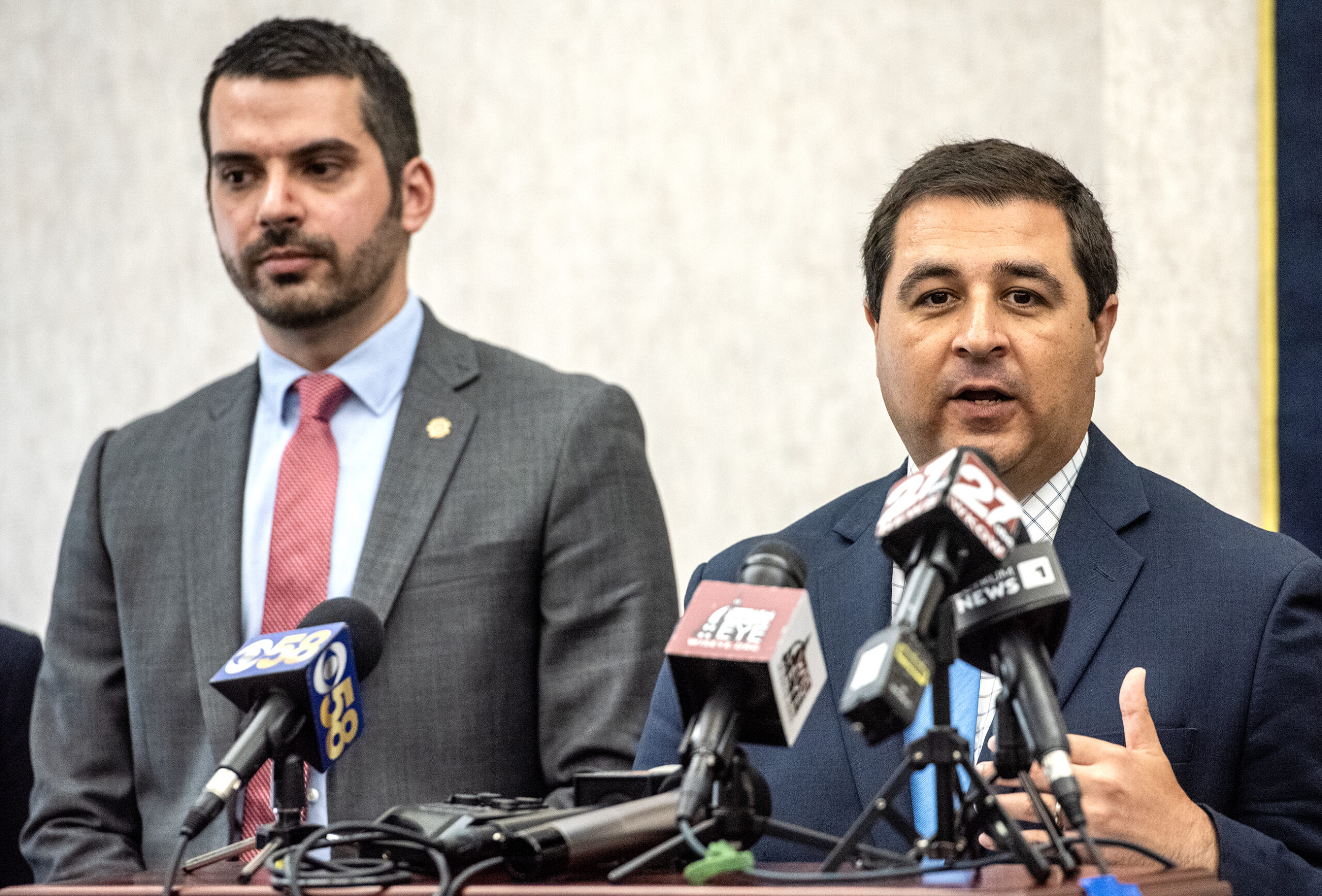
The state attorney general, state treasurer and secretary of state are commissioners on the board. Wisconsin Attorney General Josh Kaul said the risk of issuing a loan to the town is too high due to a “massive spike” in property tax rates.
At the board’s meeting, the state Department of Revenue presented data showing tax bills for a $200,000 home in the town more than doubled to $9,472 last year after tribal residents were removed from the tax rolls. While bills are expected to be lower this year, the agency estimated the average tax bill for a $200,000 property could climb to roughly $7,400 in 2024.
“I just don’t think that’s a sustainable change for folks, and I worry that people are going to lose their houses,” Kaul said. “What I’m really concerned about is turnover through foreclosure, and that will actually reduce the tax base further.”
Kaul said he feels the board is being asked to “go out on a limb” by issuing a loan when he’s uncertain of the town’s long-term survival. Kaul said he would feel more comfortable issuing a loan if the state Legislature came up with a solution to support the town and address increasing property taxes to avoid a potential wave of foreclosures. State Treasurer John Leiber echoed those concerns.
“Even if this loan went through, and it covered this problem, there’s going to be this type of issue popping up in a lot of places,” Leiber said.
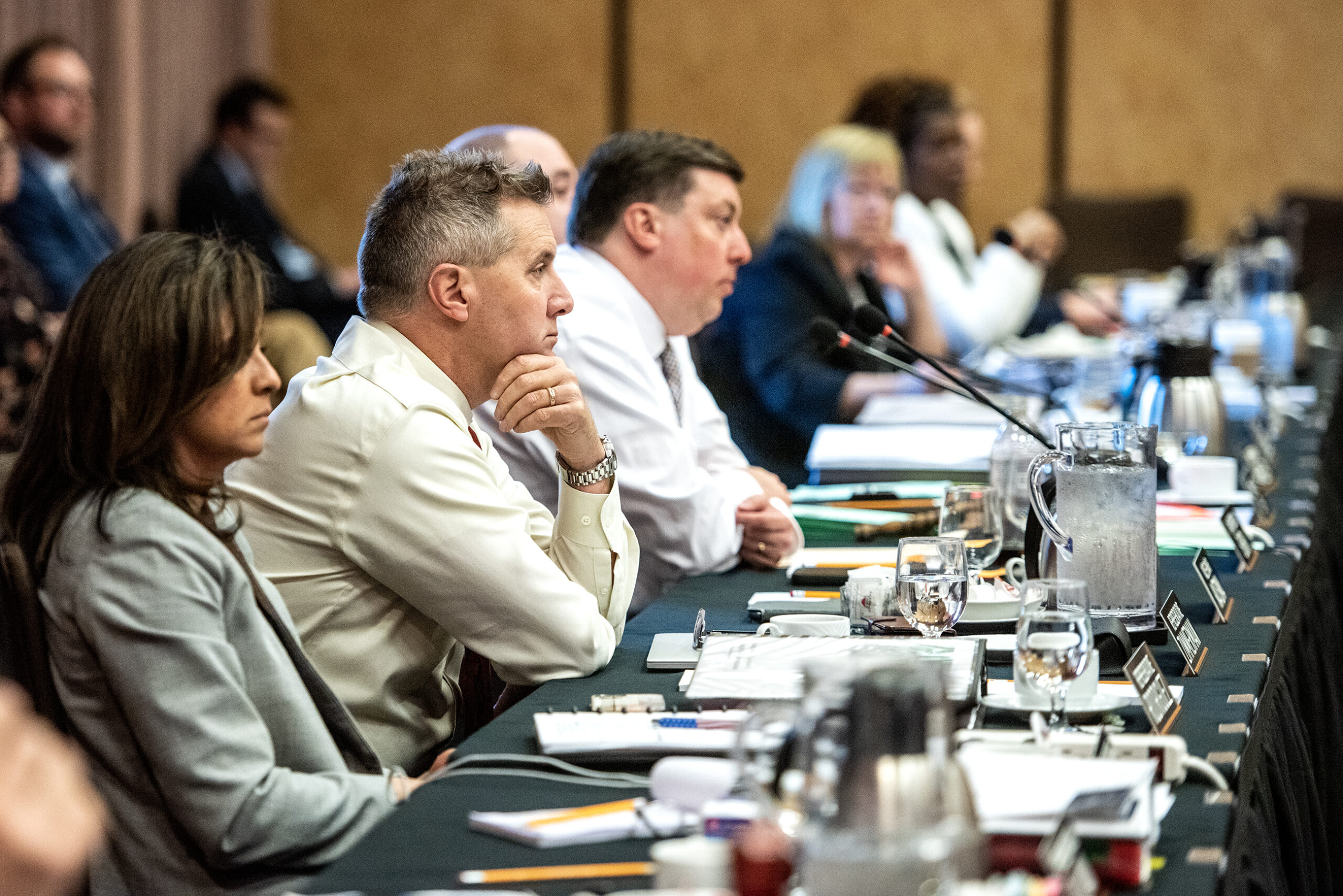
Republican lawmakers on the state’s budget-writing committee included $3.6 million in aid to five northern Wisconsin counties facing a loss of revenue after the court decision. However, that aid only covers lost revenue from tribal members who withheld tax payments while the tribes’ case was pending. It doesn’t address the anticipated loss of tax revenue moving forward, which would have to be made up through cuts to services or increased taxes.
Democratic Gov. Tony Evers approved aid payments to counties under the two-year state budget, but he vetoed GOP restrictions on the funds. Lawmakers wanted to limit the town of Sanborn’s ability to raise property taxes, borrow money or charge the county and schools for refunds it owes to tribal residents. Sen. Romaine Quinn, R-Cameron, has said lawmakers are pursuing a bill to restore the vetoed provisions and address ongoing issues.
Secretary of State Sarah Godlewski, the board’s chair, indicated residents may face even more risk if the town goes bankrupt without the loan. She noted the board would be able to intercept shared revenue or state aid to cover the loan in the case of default. She voiced concerns over the board “cherry-picking” the credit-worthiness of loans.
“I just worry that we are overstepping our bounds with regard to looking at a whole different Pandora’s box when it comes to evaluating these loans moving forward,” Godlewski said. “Because the one thing that we do know is that the system has worked for well over 100 years, and we have not had any defaults.”

The board postponed a vote on the loan until Aug. 1.
If approved, the loan would allow the town to pay off the first four years of tax refund claims to tribal residents. The town may then request a chargeback to other local government taxing entities for their share of tax refunds that are paid.
That means Ashland County, the local school district and technical college would be on the hook for about $400,000, according to board documents. However, the state Department of Revenue estimated they may be required to pay closer to half a million dollars.
Dan Grady, administrator for Ashland County, said county residents would take a big hit with the chargeback.
“It means the county residents are either going to get less services or pay more in taxes because of borrowing,” Grady said.
Grady said they want to see the state come up with a solution that makes everyone whole, including tribal residents.
The town would still need to make a second round of tax refund payments to satisfy tribal members’ claims. Once paid, the town would be eligible to request additional chargebacks to other local taxing districts, which the board estimated would total around $250,000.
Municipalities are required to file any chargeback request with the state by Oct. 1. The Department of Revenue would then notify the town and other taxing jurisdictions by Nov. 15 whether that’s been approved and what they may owe. If approved, the county, school district and technical college would have to pay their share of the tax refund claims by Feb. 15 next year.
Wisconsin Public Radio, © Copyright 2026, Board of Regents of the University of Wisconsin System and Wisconsin Educational Communications Board.

